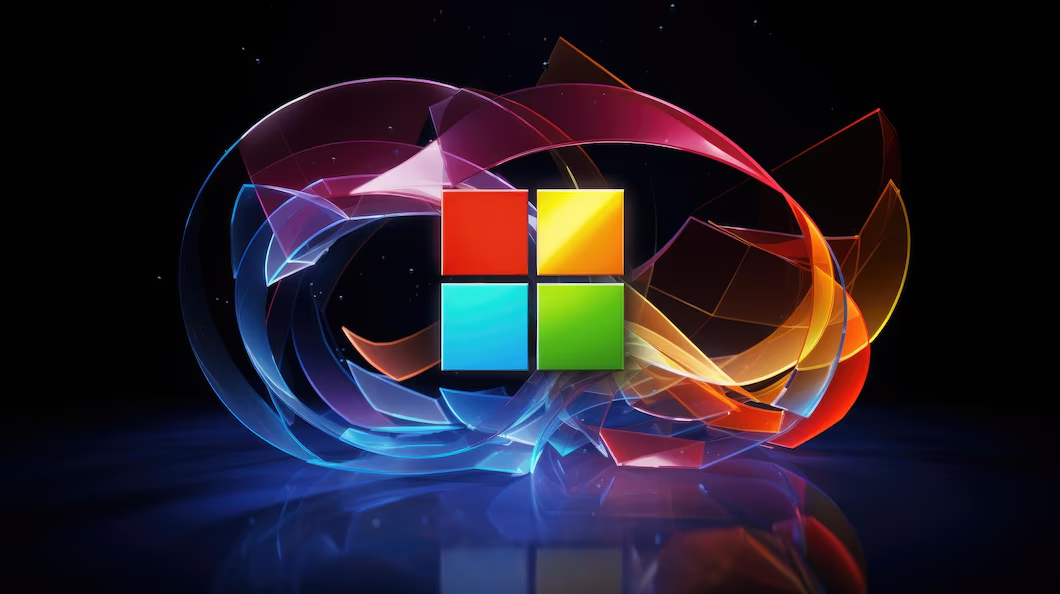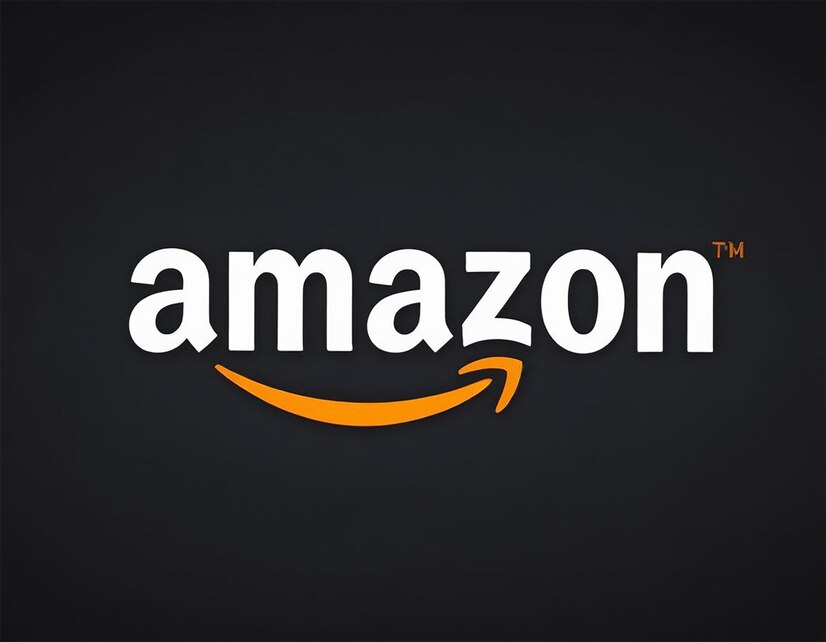
The cloud computing market continues to grow, and is projected to reach $2432.87 billion by 2030. In this massive market, three cloud providers—Amazon Web Services (AWS), Google Cloud Platform (GCP), and Microsoft Azure—make up a combined 64% of the cloud market share, and when choosing a cloud provider to host their website or application, many users will choose between these three hyperscale providers. While they may seem interchangeable at first, these three providers each have unique strengths and challenges which can have a large impact on your cloud costs, ease of use, and overall experience. In this article we’ll outline key differences between AWS, GCP, and Microsoft Azure, and demonstrate why you may want to consider other clouds such as DigitalOcean, so you can make a more informed decision on what cloud provider to use.


AWS, Azure, and GCP are the largest cloud providers in the market today, but each has their own nuances and background. Here’s some basic information about each provider before we dive into the specifics around how they differ:
Amazon Web Services (AWS) is the cloud infrastructure provider from Amazon. AWS was founded in 2006 and is now the leading cloud provider in the world, with a market share of 32% in Q1 2023. AWS offers a wide range of services, including compute, storage, networking, databases, analytics, machine learning, and artificial intelligence. AWS is used by a wide range of businesses, from small businesses to large enterprises.
Microsoft Azure , which was first launched in 2010 from the Microsoft Corporation, is the second-largest cloud provider in the global cloud market, with a market share of 23% in Q1 2023. Azure offers a wide range of services, similar to AWS, but specializes in Windows-based compute and works well with other Microsoft services.
Google Cloud Platform (GCP) was started by Google in 2011 and is the third-largest cloud provider in the world, with a market share of 9% in Q1 2023. GCP offers a wide range of services, similar to AWS and Azure, however has fewer data centers than AWS and Azure and has solutions that are considered friendly for DevOps.
AWS, Azure, and GCP provide comparable computing resources, including virtual machines and serverless computing options. However, each cloud provider offers unique features and services that cater to different use cases, allowing businesses to choose the platform that aligns best with their specific computing requirements and preferences. Many businesses may also choose a mult-cloud solution, which incorporates more than one of the three cloud providers, or utilizes AWS, Azure, or Google Cloud in combination with another more cost-effective cloud solution like DigitalOcean.
Another key difference between AWS, Azure, and GCP is their data center infrastructure. Understanding the geographical distribution and performance capabilities of their data centers is crucial for businesses and developers seeking the ideal cloud solution for them, as data center needs will vary based on where an application or website’s users are located. Here are some more details about how AWS, GCP, and Azure compare in terms of number and geographical location of their data centers:
When comparing AWS vs Azure vs GCP, it’s useful to remember that AWS boasts the largest number of data centers, Azure has the most widespread regional coverage, and GCP focuses on high-performance networking and low-latency connections. Businesses should consider the geographical distribution of data centers when choosing a cloud provider to ensure optimal performance and data accessibility for their target audience.
When it comes to choosing a cloud provider, pricing is one of the most important elements to consider, as you will likely be locked-in to the pricing of your chosen provider for several years. Comparing the pricing models of major cloud providers, Amazon Web Services (AWS), Microsoft Azure, and Google Cloud Platform (GCP), is crucial for businesses seeking the best fit for their specific needs and budget. Each cloud platforms’ adopts a pay-as-you-go model with varying instance types, storage costs, data transfer fees, and discounts. Understanding these nuances is vital to optimize cloud spending and resource allocation, ensuring efficient and cost-effective cloud operations. It’s important to look not only at the pricing of your cloud provider with your current usage, but also think about how pricing will scale as you grow your application or business. Here’s a look at how pricing differs between these cloud providers as of August 2023—make sure to check on their websites for the most up-to-date pricing information before making a decision.
The pricing differences among AWS, Azure, and GCP stem from their unique approaches to pay-as-you-go models, instance types, storage, data transfer costs, and discounts. Careful evaluation will help businesses select the most cost-effective cloud provider aligned with their specific requirements.
While all three hyperscalers (AWS vs Azure vs GCP) offer powerful cloud services, each caters to specific use cases. AWS boasts global reach and a wide service offering, ideal for diverse applications. Azure excels in seamless integration with the Microsoft ecosystem and strong security features, making it a top choice for enterprises. GCP’s expertise in data analytics, Kubernetes, and high-performance networking makes it attractive for data-driven and containerized applications. Below is some more information on the use cases that each of these cloud providers caters to:
Global reach and scalability: AWS is an excellent choice for businesses requiring a large global presence and scalability, thanks to its extensive network of data centers worldwide.
Wide service offering: With a very broad range of services, AWS caters to diverse use cases, including web hosting, AI, analytics, IoT, and more.
Mature ecosystem: Its established customer base and extensive community support make AWS a suitable fit for many users, especially enterprises.
Integration with the Microsoft ecosystem: For organizations invested in Microsoft products, Azure offers seamless integration, enabling hybrid cloud deployments and smooth migration. Azure also offers Windows-based virtual machines, which not all cloud providers offer.
Hybrid cloud solutions: Azure is a preferred choice for businesses with on-premises infrastructure, offering robust hybrid cloud computing services capabilities.
Strong emphasis on security: With a focus on compliance and security features, Azure is suitable for industries with strict data regulations.
Data and analytics expertise: Google Cloud Platform excels in data management and analytics, making it a good fit for businesses reliant on big data processing and machine learning.
Kubernetes prowess: Google’s expertise in Kubernetes and containerization appeals to enterprises looking to deploy container-based applications.
Performance and networking: Google cloud platform’s high-performance global network helps ensure low latency and fast data transfer, making it suitable for applications requiring rapid response times.
DigitalOcean is a public cloud provider that was founded as a more developer-friendly alternative to the big three cloud providers, and now caters to a wide range of developers, startups, and SMBs. DigitalOcean offers many of the same products as the hyperscalers, including a range of highly performant Linux-based virtual machines, managed databases, managed Kubernetes, a Platform as a Service solution, a serverless/cloud functions solution, storage, and much more. Here are some reasons you may want to consider DigitalOcean as an alternative to Amazon Web Services, Google Cloud, and Microsoft Azure:
AWS, Azure, and GCP are well-known hyperscale cloud providers, each with unique strengths. AWS offers global reach and scalability, Azure excels in integration and security, and GCP shines in data management and machine learning.
Choosing the right provider hinges on understanding specific needs, like performance and cost. For small businesses and startups, DigitalOcean is a compelling alternative, boasting cost-effectiveness and developer-friendly features, with a range of products suited to the needs of growing businesses. To see for yourself how DigitalOcean differs from AWS, GCP, and Azure,